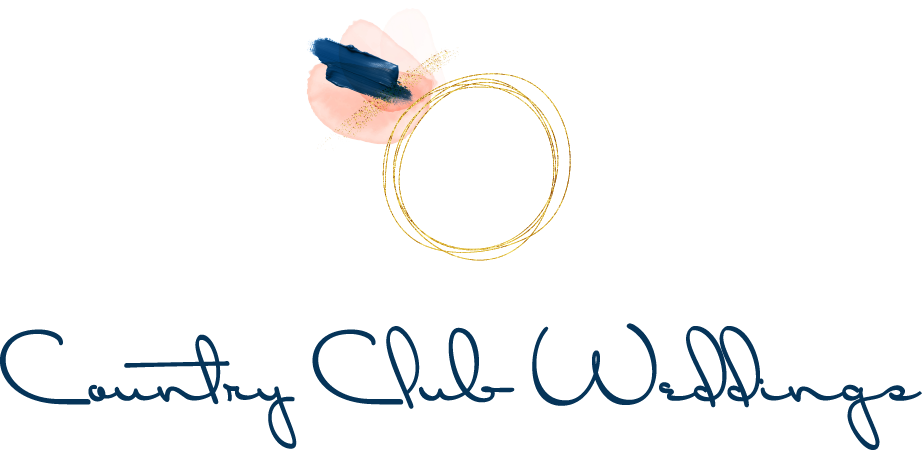Should You Write Your Own Wedding Vows?
21 Dec, 2012
Wedding vows function as promises representing the deep level of commitment being made between a couple. Because there exists a wide spectrum of religious beliefs, there’s also a wide array of vows being spoken at weddings across the country.
Presbyterian weddings, for example, typically mention the covenant taken in front of God and witnesses. Vows are repeated after the minister: “I, ____, take you to be my wedded wife, and I do promise and covenant, before God and these witnesses, to be your loving and faithful wife, in plenty and in want, in joy and in sorrow, in sickness and in health, as long as we both shall live.”
With Quaker weddings, however, the vows are different: “I promise with divine assistance to be unto thee a loving and faithful wife,” thereby acknowledging the need for God to guide the couple on a monogamous path.
Interestingly, the United Church of Christ adds mention of “God’s holy ordinance,” which bleeds over to Protestant vows as well.
Unitarian ministers write their own service, allowing for more freedom, while Catholic vows make no mention of God—instead, the bride and groom reference their commitment to one another: “to have and to hold from this day forward, for better, for worse, for richer, for poorer, in sickness and health, until death do us part.”
Breaking with religious tradition to write your own vows can be a great way to celebrate the uniqueness of your relationship.
Here, you can add personal elements that pertain to just you and your mate, and also work God in as you see fit. Many couples incorporate a sense of humor into their vows, adding a nice touch to the seriousness of ceremony and reminding us that while the promises we make to our significant others are lofty, they’re also just as importantly rooted in reality.
Photo by Robert Hoge.






